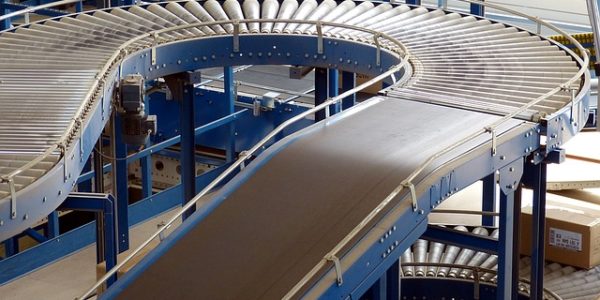A recent article from Brookings suggests that an economic recession leads to a rapid, sudden increase in automation. The authors of the article provide statistical evidence for their claim, and they make a reasonable argument. However, worrying about the future doesn’t help us cope with the current COVID-19 health crisis.
Do recessions increase automation?
According to the authors of the “The robots are ready as the COVID-19 recession spreads“,
“Robots’ infiltration of the workforce doesn’t occur at a steady, gradual pace. Instead, automation happens in bursts, concentrated especially in bad times such as in the wake of economic shocks, when humans become relatively more expensive as firms’ revenues rapidly decline. At these moments, employers shed less-skilled workers and replace them with technology and higher-skilled workers, which increases labor productivity as a recession tapers off.”
The article states that during three recessions over the past 30 years, 88% of job loss took place in automatable occupations. There are already 36 million jobs with a “high” susceptibility to become automated. The authors summarize that after the after the health and the economy of the United States is soundly throttled by COVID-19, we will have spike in automation and unemployment to deal with.
Take things one step at a time
There’s a lot that we don’t know about 2019 novel coronavirus. That’s one of the reasons there is so much fear, anxiety, and uncertainty right now. It is natural to wonder and speculate about the future, but it’s also important to focus on the things that we do know and that we can control.
We don’t know if the COVID-19 outbreak will be a catalyst resulting in increased automation and unemployment. History provides insight, but the future isn’t scripted. There’s enough to worry about at the moment without fearing things that do not yet exist or haven’t yet occurred. Instead, we should focus on the things that we do know and that are within out control.
Follow the Centers for Disease Control and Prevention’s recommendations to protect yourself, your family, and your community from spreading coronavirus.
- Cover coughs and sneezes with the inside of your elbow or a tissue.
- Stay at home as much as possible.
- Stay at least six feet away from others while in public.
- Wash your hands often.
- Do not go out in public if you are sick.
- Clean and disinfect surfaces every day.
Many manufacturers, distributors, and companies throughout the supply chain are still operating during the COVID-19 outbreak; some are ramping up production in order to meet the needs of consumers during this troubling time. Your machines won’t get sick with a virus but they are susceptible to faults, breaks, and error codes.
As always, we’re here to help you with your Indramat error codes. We answer calls 24 hours a day, seven days a week, and we successfully troubleshoot most Indramat errors directly over the phone. Call 479-422-0390 for emergency Indramat support.



